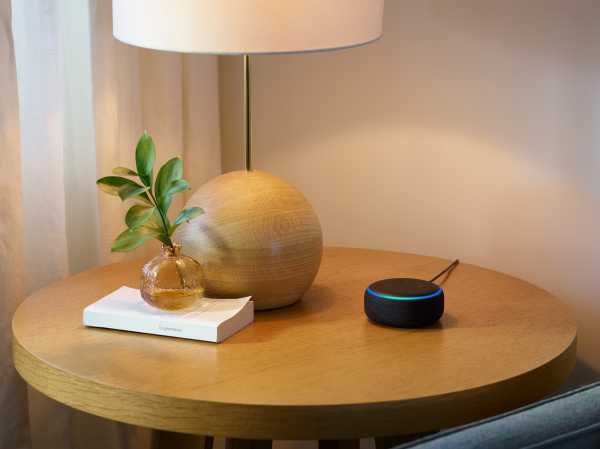
This article is part of a series of articles titled

A Massachusetts woman is suing Amazon on behalf of her 10-year-old daughter, and is seeking class-action status to sue on behalf of children in eight states.
As reported by the Seattle Times, the lawsuit was filed in federal court in Seattle on Tuesday. It claims that Amazon is unlawfully recording children with its Alexa voice assistant, in addition to unlawfully holding on to those recordings to contribute to “a massive database of billions of voice recordings containing the private details of millions of Americans.” The woman who filed says she bought an Alexa Echo Dot in August 2018 and was not given reason to believe that her child would be recorded.
The suit claims that children can not consent to be recorded and don’t comprehend the “potentially invasive uses of big data by a company the size of Amazon.” They “use Alexa without any understanding or warning that Amazon is recording and voice-printing them.”
While most children’s privacy complaints are posed by referencing the federal Children’s Online Privacy and Protection Act (COPPA) of 1996, this one invokes state law, saying that Florida, Illinois, Michigan, Maryland, Massachusetts, New Hampshire, Pennsylvania, and Washington all require dual-party consent for “the recording of oral communications.”
Apple’s Siri voice assistant is invoked as a contrast, because Apple deletes recordings after the tasks they’re relevant to have been performed.
“It takes no great leap of imagination to be concerned that Amazon is developing voiceprints for millions of children”
“It takes no great leap of imagination to be concerned that Amazon is developing voiceprints for millions of children that could allow the company (and potentially governments) to track a child’s use of Alexa-enabled devices in multiple locations and match those uses with a vast level of detail about the child’s life, ranging from private questions they have asked Alexa to the products they have used in their home,” the lawsuit reads.
If the wake word is recognized, the Alexa device records the ensuing communication and, unlike some other smart devices, transmits the recording to Amazon’s servers for interpretation and processing before receiving the relevant data back in response.
Asked for comment, an Amazon spokesperson wrote to Vox via email, “Amazon has a longstanding commitment to preserving the trust of our customers, and we have strict measures and protocols in place to protect their security and privacy,” and pointed to a company blog post about the FreeTime parental controls on Alexa.
“Customers set up their Echo devices and we give them easy-to-use tools to manage them, including the ability to review and delete the voice recordings associated with their account,” the statement continued.
“Amazon has a longstanding commitment to preserving the trust of our customers”
In May, however, the Campaign for a Commercial-Free Childhood (CCFC) and the Center for Digital Democracy (CDD), backed by 17 other digital privacy and children’s rights organizations, argued otherwise in a 96-page complaint to the Federal Trade Commission.
That complaint focused on Amazon’s Echo Dot Kids device, and accused Amazon of violating COPPA by collecting data about children under the age of 13 without the explicit consent of their parents. (While the Echo Dot Kids has a system for obtaining parental consent, the CCFC and CDD argue that a child could easily bypass it, and that children who are just visiting the home for a play date could be recorded as well.) More importantly, it included the results of a study that found that voice recordings are kept forever by default — instead of, as COPPA mandates, only so long as is necessary to complete relevant tasks — and can’t be deleted without calling Amazon customer service.
“Amazon markets Echo Dot Kids as a device to educate and entertain kids, but the real purpose is to amass a treasure trove of sensitive data that it refuses to relinquish even when directed to by parents,” CCFC executive director Josh Golin wrote in a statement. “The FTC must hold Amazon accountable for blatantly violating children’s privacy law and putting kids at risk.”
Whether via the courts or a regulatory body, Amazon will likely have to start answering questions in greater detail soon.
Sign up for The Goods’ newsletter. Twice a week, we’ll send you the best Goods stories exploring what we buy, why we buy it, and why it matters.
Sourse: vox.com






